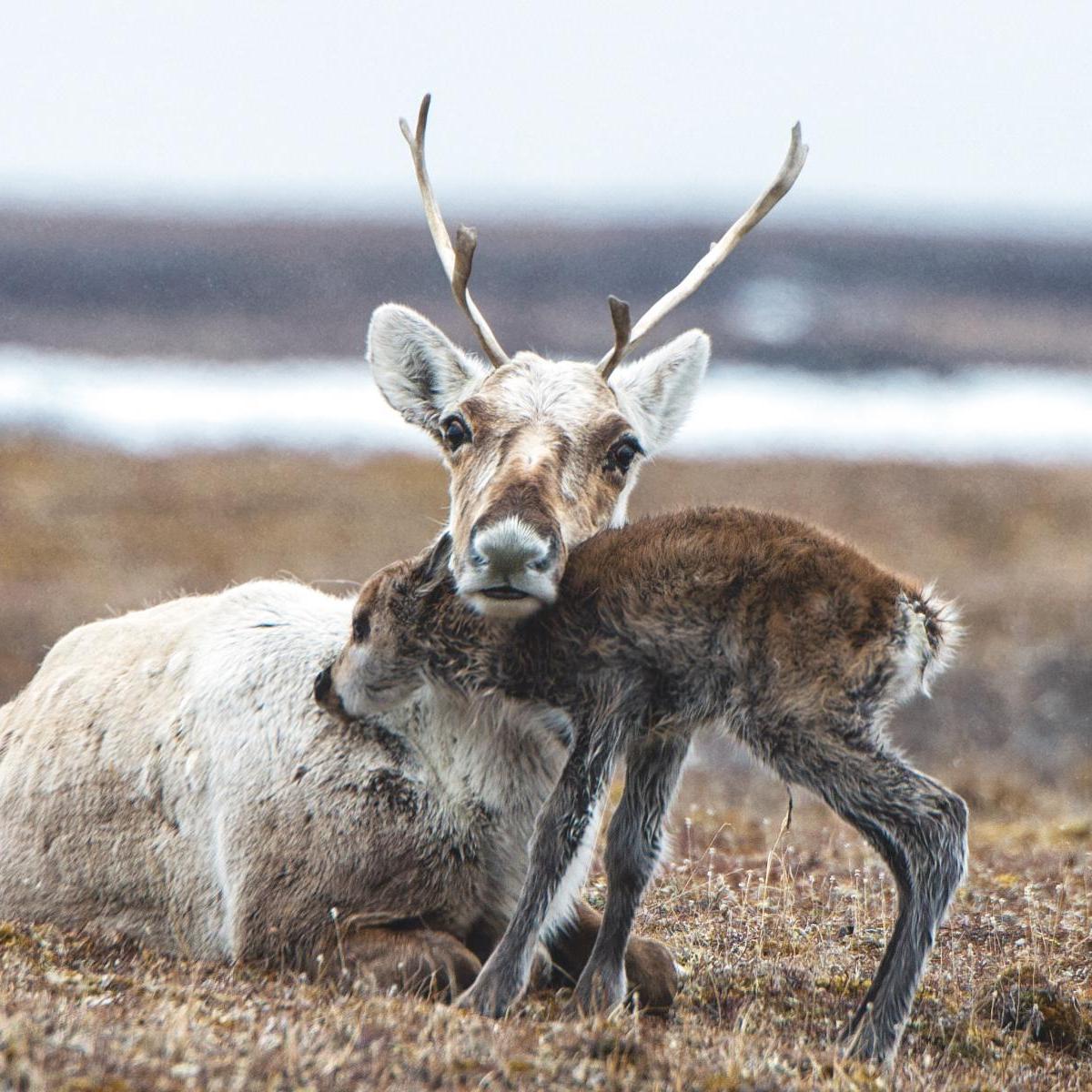Walk With Us - Respectful Travel Guidelines
The Yukon is home to 14 distinct First Nations and 8 language groups. These guidelines have been shared by First Nations Knowledge Keepers to teach all people about how to show respect when travelling through the Yukon. Our land is beautiful and our water is clean. Our land is everything. We are the stewards of this land and we all have a responsibility to care for this land for future generations. We honour our ancestors who shared their teachings with us so that we can now share them with you. We care for this land — the plants, water, air and animals — by showing it respect and treating it as an equal. As you travel through our beautiful homelands, we invite you to Ná t’sin t’ra “hold everything up in respect” - Northern Tutchone.
Read the guidelines below, or take a look at the PDF for more information.
Walk With Us - Respectful Travel Guidelines PDF












